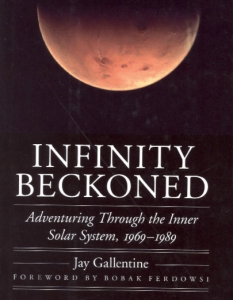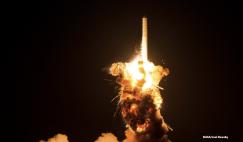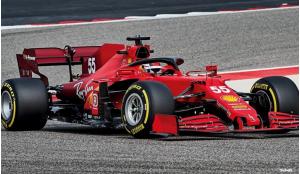Since the beginning of the Space Age, space history books have gone through a sort of evolution: the early ones described the technology and the missions; later, more professional texts analysed political motives in a Cold War context; and then, in search of a different angle, authors began to concentrate on the personalities. This book is very much in the latter category; that’s not to imply that it ignores the technology and the politics, but people are clearly identified as the driving characters in this story.
In what the fly-leaf describes as an ‘irreverent and engaging style’, the author tells the story of some of the Russian and American space science missions of the 1970s and 1980s through the eyes of those responsible. The book is based on dozens of interviews and other personal communications and, though somewhat sparsely illustrated with black-and-white photos, has a useful index.
The writing style is one in which American authors, in particular, seem to excel. Each chapter begins with a quote or statement that seeks to grab the audience, much as a fiction author might do. Such as: ‘“Get Frank Borman on the phone!” barked Chris Krafft. He didn’t have time for this – another bothersome issue on his lengthy list. The order vortexed his secretary into a scramble.’
Whether or not you like this style will depend on how you take your history: strictly academic and scrupulously referenced or, like this, widely accessible and broadly entertaining.
In my opinion, there is room for both. This book will probably appeal to those who think they will find history boring, though it has to be said that the somewhat academic presentation of the volume militates against them opening it in the first place. To be clear, they should read it, because it’s far from boring!
It might also appeal to those who have a fair grasp of the historical facts, as it will place those facts in a different perspective. Ultimately, with books written in this style, it requires the reader to trust the author to portray the true facts and not get carried away with the ‘novelisation’. If pressed, I’d say it goes a little too far in the latter direction… but space history virgins are unlikely to agree.
Mark Williamson











